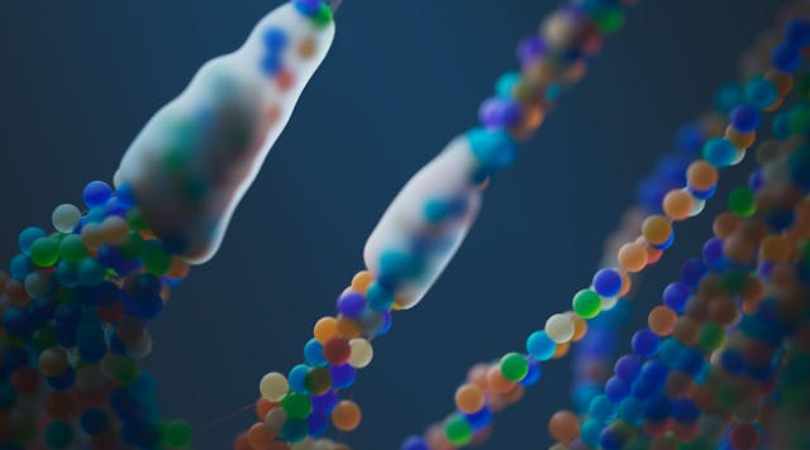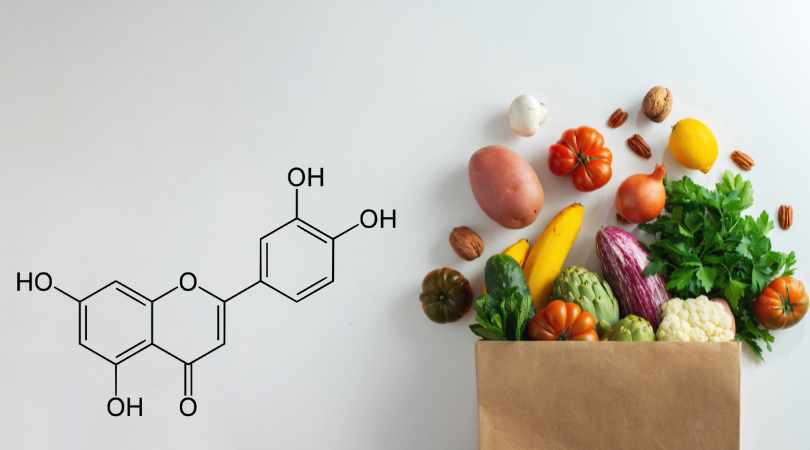Scientists have successfully restored the lost uricase enzyme, a key breakthrough in combating fructose-induced fat formation. This discovery offers new hope for preventing obesity and metabolic disorders by targeting how the body processes sugar and stores fat.
Limited Quantities Available! Order Today and Enjoy Free Shipping on Orders Over $100!
Aldolase B
A liver enzyme that breaks down fructose-1-phosphate—its deficiency causes fructose intolerance and cellular stress.
Downstream Damage Starts Upstream
Aldolase B breaks down fructose-1-phosphate—but only after fructokinase has already consumed cellular energy and triggered stress.
This enzyme plays a vital role in clearing fructose intermediates, but if fructose intake or internal production is high, the system can become overwhelmed. Trapped metabolites, uric acid, and oxidative stress begin to accumulate, leading to fat buildup and insulin resistance.
SugarShield supports your metabolic defense earlier in the process—helping modulate the body’s response to fructose before energy is lost and damage begins. It's a smarter strategy for protecting your mitochondria, liver, and long-term metabolic health.
Explore SugarShieldWhat is Aldolase B?
Aldolase B is a liver-specific enzyme involved in the second step of fructose metabolism. It breaks down fructose-1-phosphate (produced by fructokinase) into glyceraldehyde and dihydroxyacetone phosphate.
Why It Matters?
If aldolase B is absent or deficient (as in hereditary fructose intolerance), fructose-1-phosphate accumulates and traps phosphate, depleting cellular energy stores and causing severe metabolic distress.
Even Partial Saturation is Problematic
In healthy individuals, high fructose loads can overwhelm aldolase B, leading to temporary phosphate trapping and mitochondrial dysfunction.
Connection to Fructokinase
Fructokinase acts first—phosphorylating fructose and consuming ATP. Aldolase B follows, but if it can't keep up, damage accumulates. This makes fructokinase inhibition a powerful strategy to prevent overload upstream.
At LIV3, we believe protecting aldolase B from overload is essential for maintaining liver health and preventing ATP depletion and fat synthesis.






